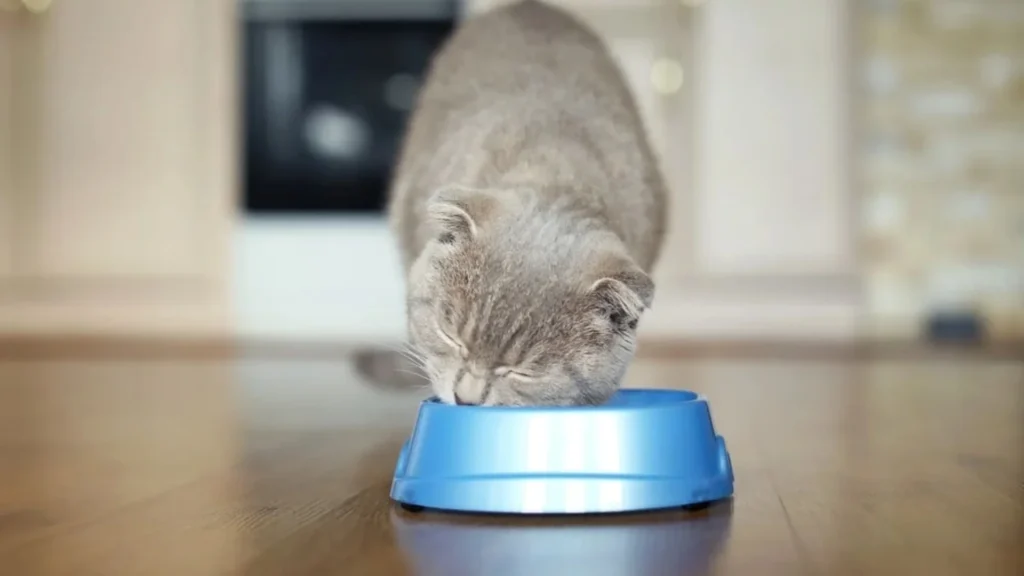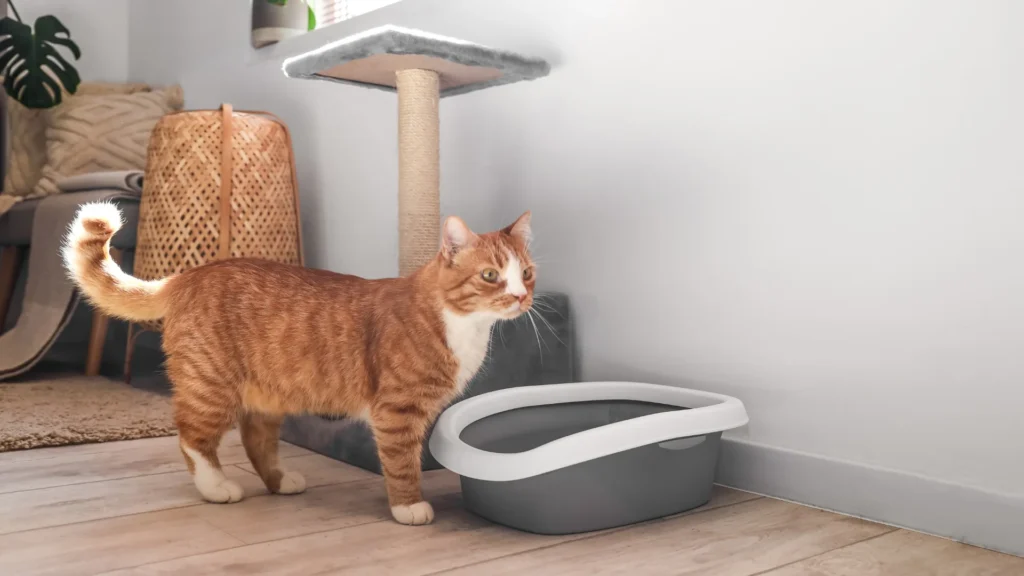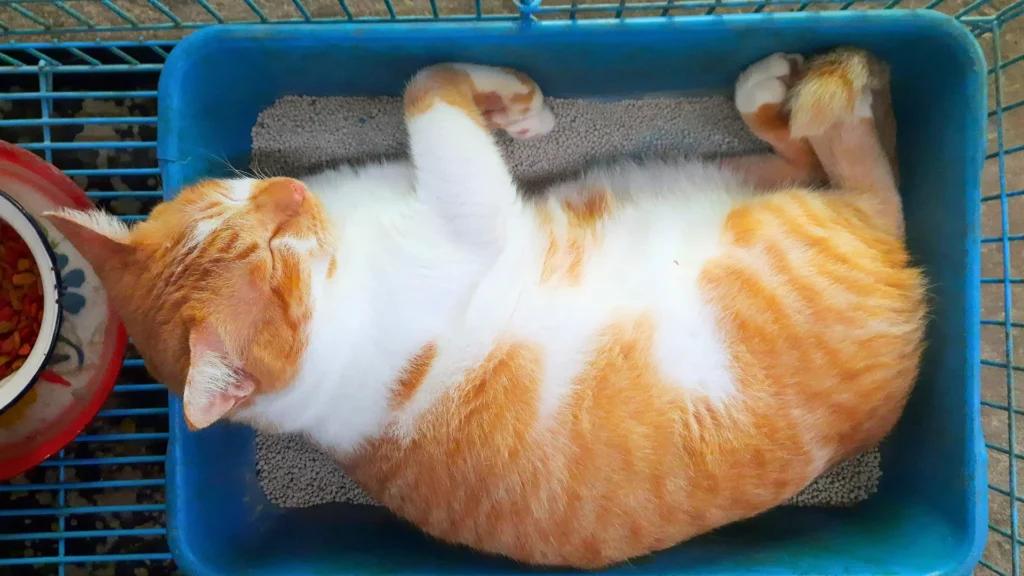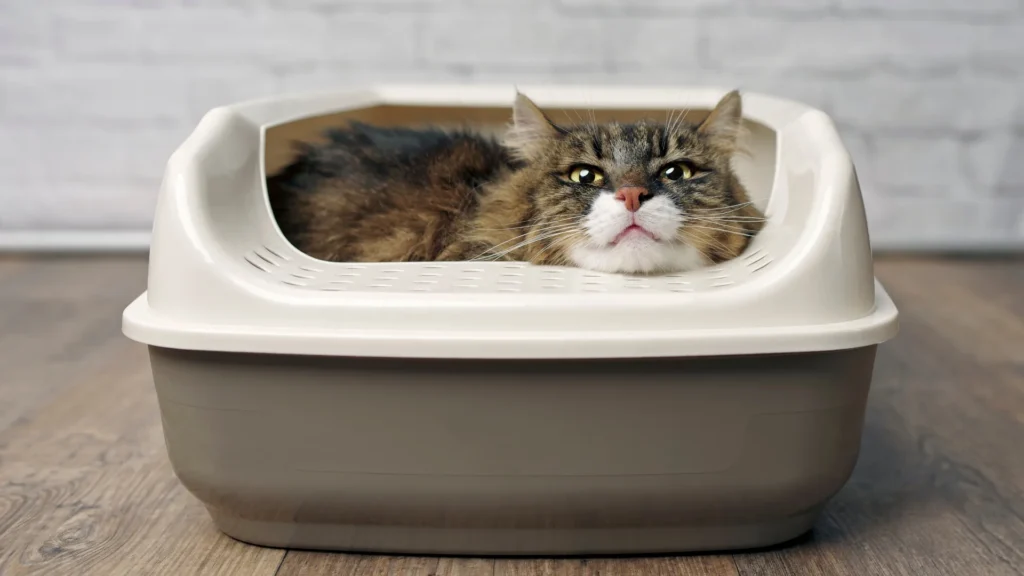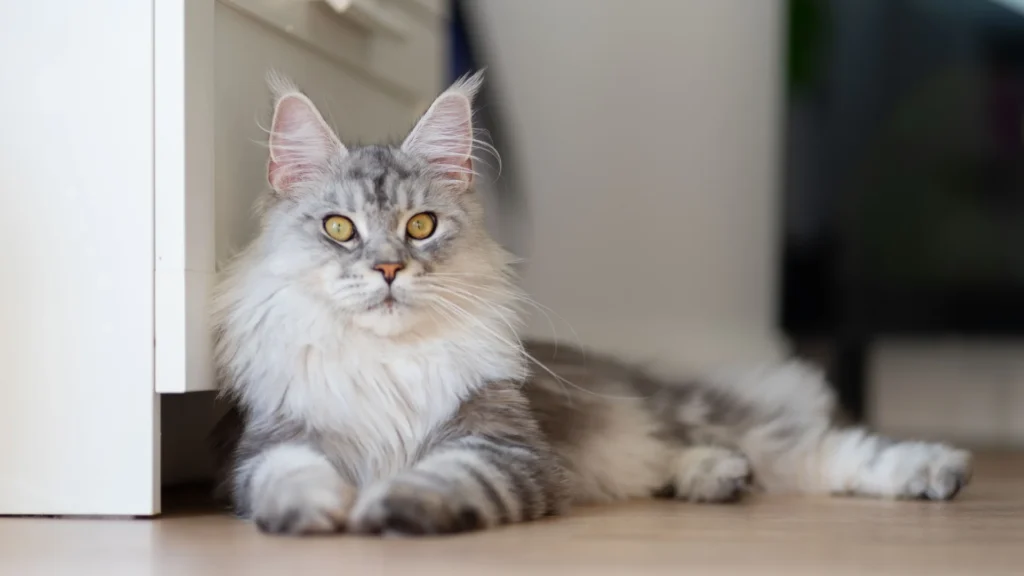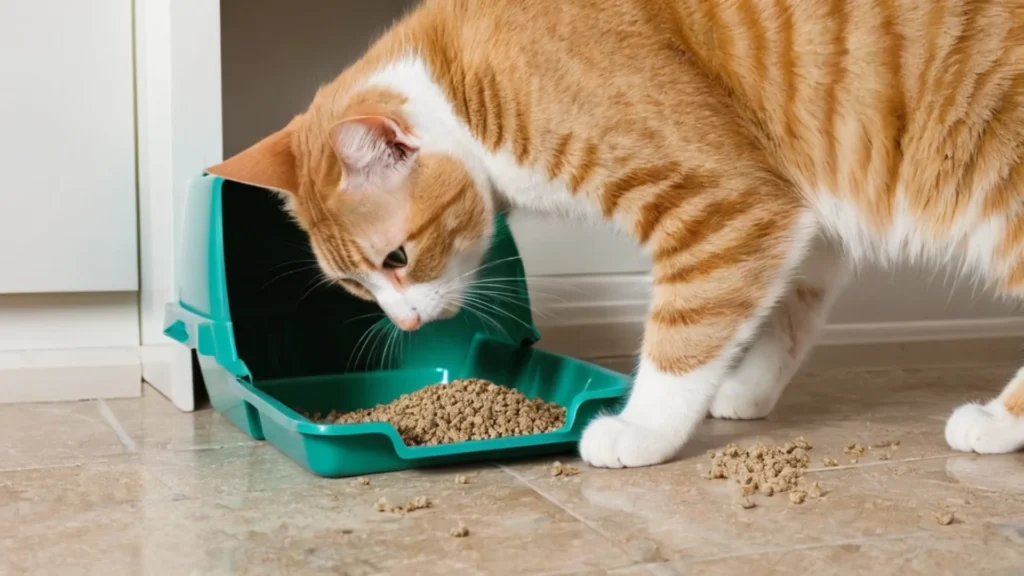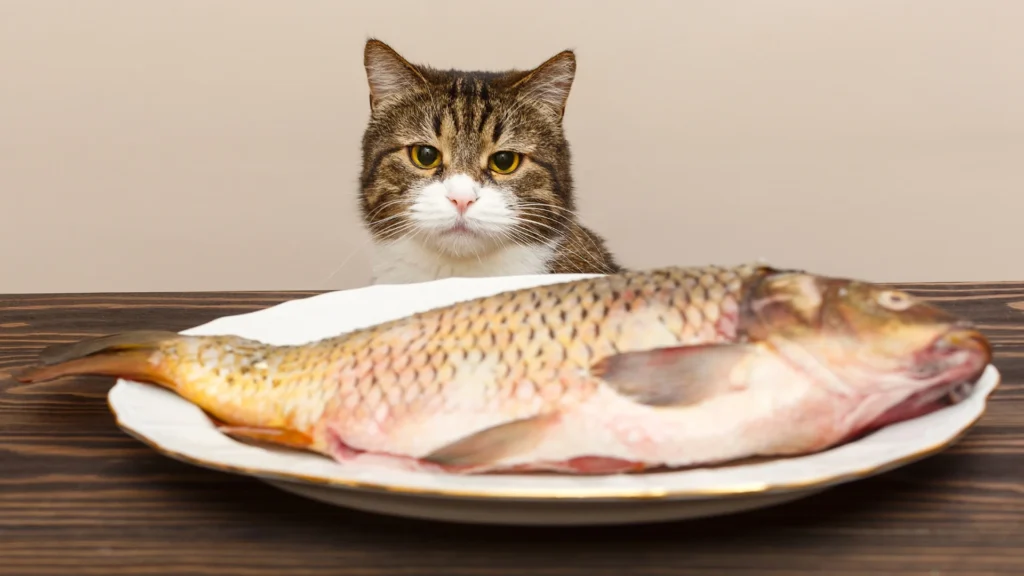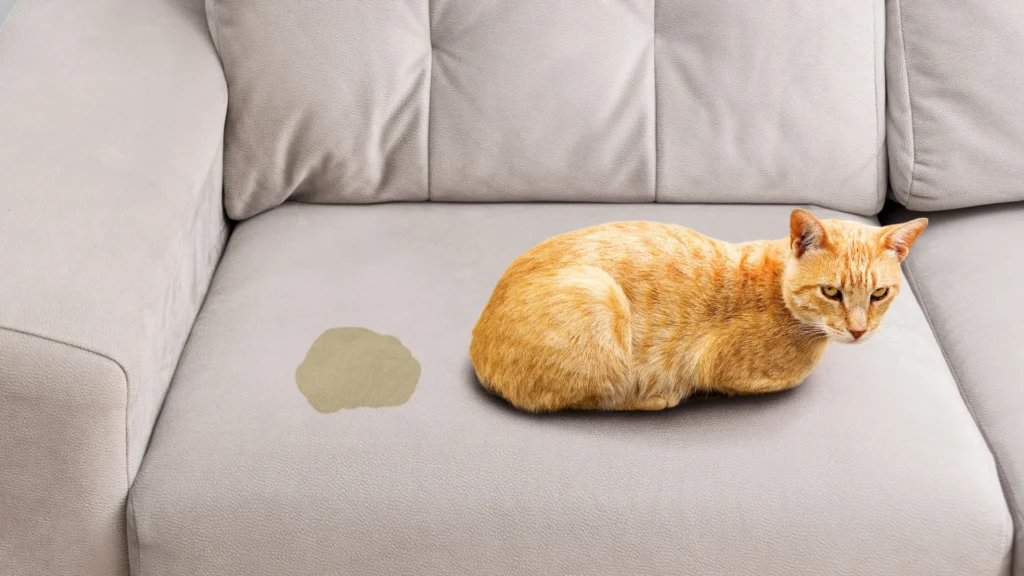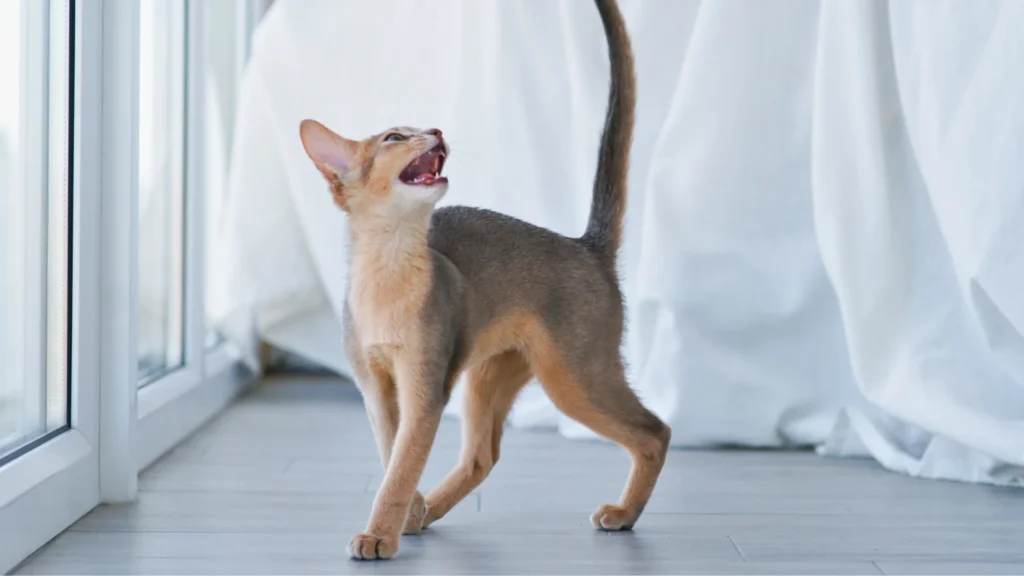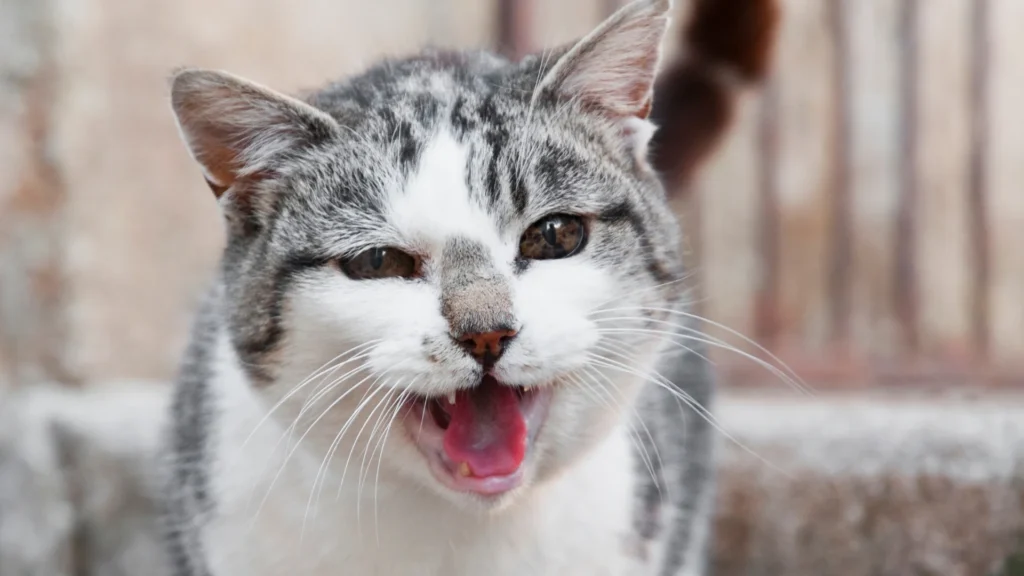Table of Contents
Jessica’s cozy urban apartment, where her playful tabby, Leo, and curious Siamese, Bella, are enjoying their dinner. But suddenly, Leo pauses, shakes his head vigorously, and then resumes eating as if nothing happened. This quirky behavior, often seen in many feline friends, leaves many cat owners like Jessica puzzled.
Why do cats shake their heads when they eat? Is it a sign of enjoyment, or could it be a cause for concern? In this article, we’ll delve into the fascinating world of cat behavior to uncover the reasons behind this peculiar habit.
Understanding Cat Behavior
Cats, with their mysterious aura and enigmatic behaviors, often leave their owners, like Jessica, both amused and perplexed. To truly grasp the reasons why cats shake their heads while eating, such as Jessica’s beloved Leo and Bella, it’s crucial to delve into the intricate world of feline instincts and communication.
These adorable pets, our feline friends, are more than just domesticated companions; they are complex beings with a DNA deep-rooted in a rich behavioral repertoire. This repertoire reveals much about their health, mood, and overall well-being.
For a caring cat owner like Jessica, understanding these behaviors goes beyond mere curiosity; it’s about ensuring her furry companions are both happy and healthy. Cats communicate in myriad ways: through nuanced body language, a wide range of vocalizations, and yes, even their unique eating habits.
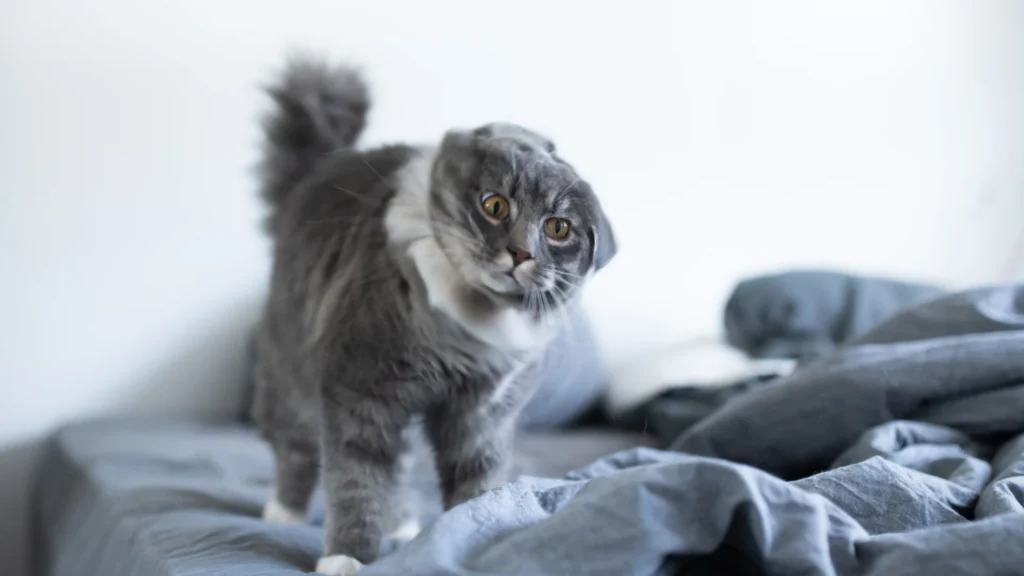
While head shaking, or the way a cat’s head moves during meals, might initially appear peculiar, it’s actually one of the many fascinating aspects of cat’s behavior.
Delving deeper, we find that cats use body language as their primary means of communication. A twitch of the tail, the position of their ears, or even the way they blink can convey a multitude of emotions and intentions.
When it comes to eating, behaviors like head shaking can be a cat’s way of responding to their environment or internal sensations. It’s a language that speaks volumes to those who understand the reasons for head shaking.
Moreover, cats are known for their keen senses, which play a significant role in their behavior. Their acute sense of smell, for instance, greatly influences their eating habits.
A slight change in the aroma of their food, or the cat’s food, can elicit reactions like head shaking. Similarly, their sensitive whiskers can cause discomfort if they brush against the sides of a food bowl, leading to this seemingly quirky behavior.
For Jessica, observing these subtle cues, like if a cat’s ears seem itchy or there’s excessive scratching, is key to understanding her cats better.
It’s a journey into the heart of feline mystique, where every behavior, no matter how small, is a piece of the puzzle in understanding her beloved Leo and Bella. By paying close attention to these signs, she becomes more attuned to their needs and emotions, strengthening the bond she shares with her feline companions.
For instance, she’ll need to note if Leo’s or Bella’s teeth need brushing or if the cat isn’t responding as usual, indicating a potential issue.
Possible Causes of Your Cat Shaking Their Head
Dental Disease:
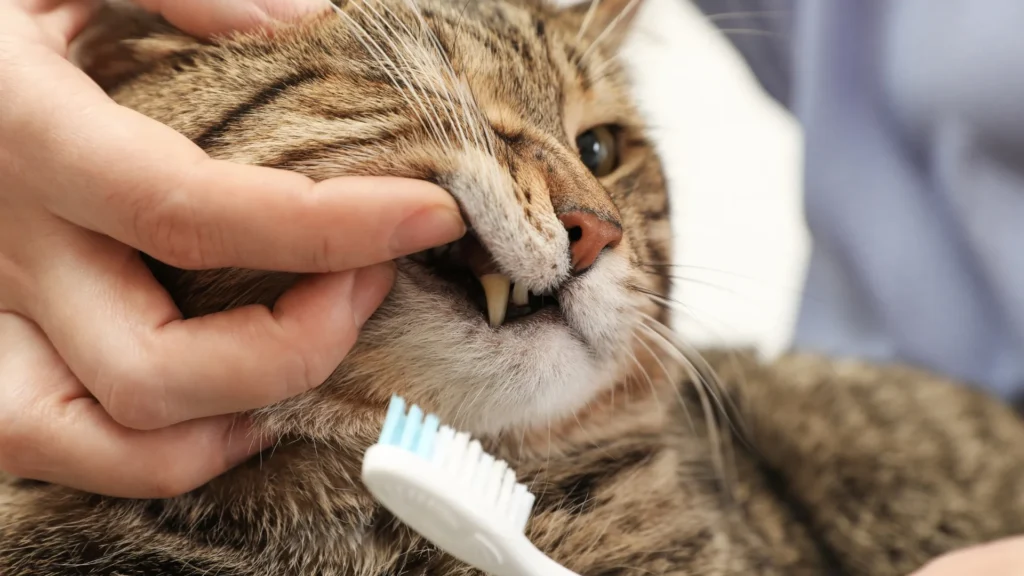
When a cat like Jessica’s Leo or Bella shakes its head during meals, one of the first concerns is dental disease. Cats are susceptible to a range of dental issues, including gum disease, tooth decay, and even abscesses. These conditions can cause significant discomfort while eating, leading to head shaking as a reaction to the pain.
Jessica should be on the lookout for other signs of dental problems, such as bad breath, pawing at the mouth, reluctance to eat, or a sudden preference for softer foods. Regular dental check-ups are crucial to prevent these issues and ensure the cats’ oral health is maintained.
Difficulty Eating:
Sometimes, the problem is as straightforward as the food itself. Cats can have trouble with large or oddly shaped kibble. If the pieces are too big or have a challenging texture, cats might shake their heads in an attempt to manage the awkward bites.
Jessica can observe Leo and Bella’s eating habits to determine if the size or shape of their food is causing discomfort. Switching to a different kibble size or a smoother texture might be a simple solution that enhances their eating experience.
Enjoyment:
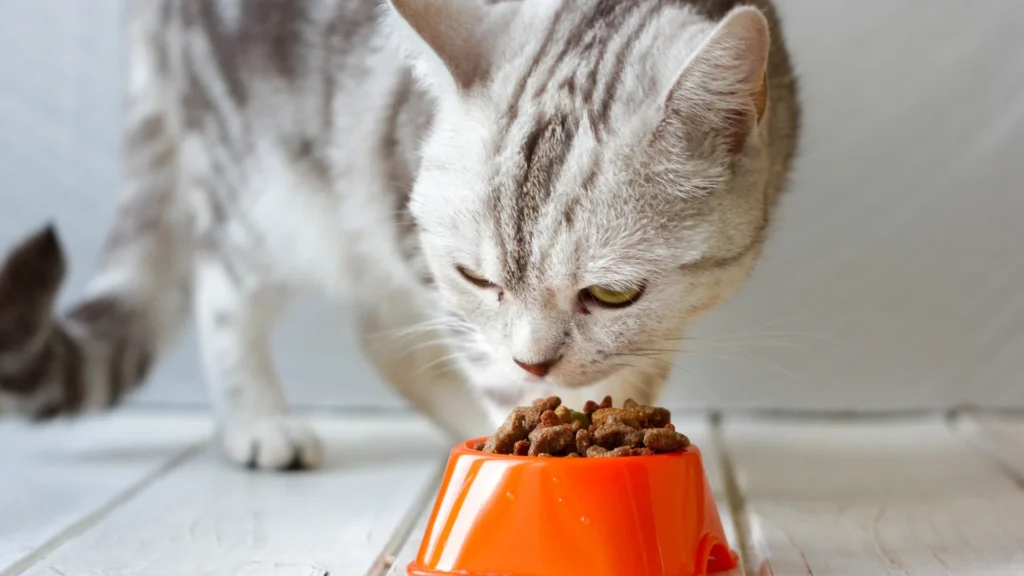
Interestingly, not all head shaking is a sign of distress. In some cases, cats shake their heads as an expression of enjoyment. This quirky behavior can be their way of saying, “This meal is delightful!” If Leo and Bella shake their heads but continue to eat eagerly, it’s likely a unique way of showing their satisfaction.
For cats, mealtime is not just about sustenance; it’s an experience that can bring joy, and head shaking might be a part of that expression.
Dissatisfaction:
Conversely, head shaking can also signal dissatisfaction. Cats are notorious for their particular eating habits. If the meal isn’t up to their standards—be it the flavor, texture, or even the day’s mood—they might shake their heads in disapproval.
For a cat parent like Jessica, understanding her pets’ preferences is key. It might involve some trial and error with different food types and flavors to find what best pleases her feline companions.
Allergies:
Cats, much like humans, can suffer from allergies, and these can impact their eating habits. An allergic reaction to certain ingredients in their food can cause discomfort or irritation in their mouth or throat, leading to head shaking.
It’s crucial for Jessica to monitor for other symptoms of allergies, such as itching, skin irritation, or gastrointestinal issues. If she suspects an allergy, a consultation with the vet for allergy testing and dietary adjustments is advisable.
Food Temperature or Texture Sensitivity:
The temperature and texture of food can greatly affect a cat’s eating experience. Some cats prefer their food at room temperature, while others might be more sensitive to cold or hot food.
Similarly, the texture—whether it’s dry kibble, pâté, or chunky wet food—can make a big difference. If Leo or Bella shakes their head, it might be a reaction to food that’s too hot, too cold, or has an off-putting texture. Finding the right combination that suits their preferences can make mealtime more enjoyable for them.
Hypoglycemia:
Though less common, head shaking during eating can sometimes indicate a more serious health issue like hypoglycemia, particularly in kittens or cats with underlying health conditions. Hypoglycemia, or low blood sugar, can be a critical situation requiring immediate veterinary attention.
Symptoms might include weakness, lethargy, and trembling, in addition to head shaking. It’s essential for cat owners like Jessica to be aware of these signs and seek prompt veterinary care if they suspect hypoglycemia.
How to Determine the Cause of Head Shaking
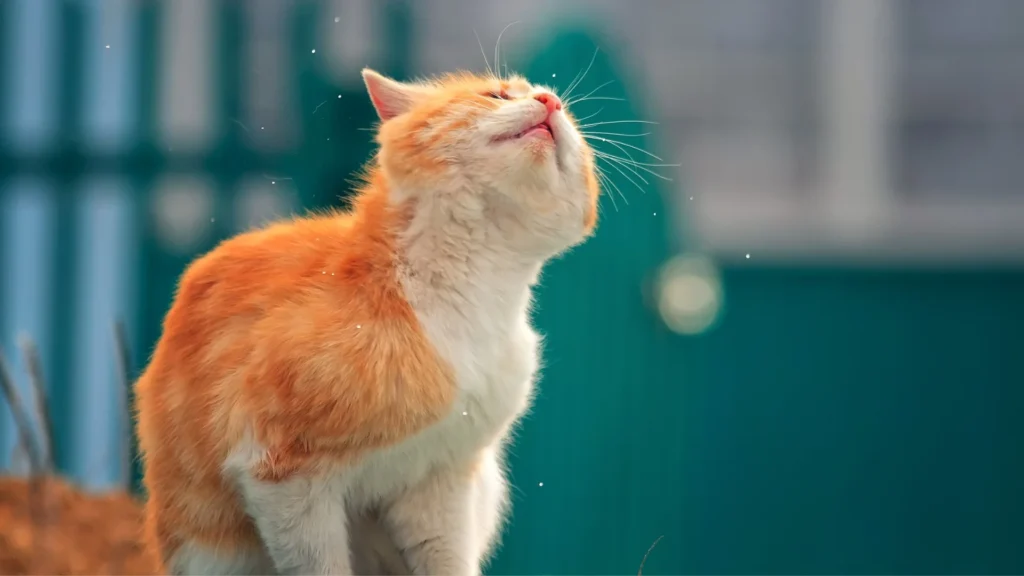
For cat owners like Jessica, deciphering the reason behind her cats’ head shaking while eating involves keen observation and sometimes professional consultation. Understanding this behavior is crucial for ensuring the health and happiness of her beloved Leo and Bella.
Monitoring for Food:
The first step is vigilant monitoring. Jessica needs to observe not just what her cats eat, but also how they eat. Are there changes in their eating habits? Do they show a preference for certain types of food over others? Perhaps Leo and Bella shake their heads only when eating dry food but not with wet food, or vice versa.
These details are vital clues. Changes in appetite, such as eating less or showing reluctance towards previously favored foods, can also be significant. Such observations can help Jessica determine if the issue is related to the food’s taste, texture, or even an underlying health problem.
Observing Your Cat's Dietary Habits:
It’s essential to look beyond the type of food and consider the eating process itself. Does the head shaking occur consistently or only occasionally? Are there specific times when this behavior is more pronounced?
Observing the context in which head shaking occurs can provide insights into whether this behavior is a response to physical discomfort, a sign of enjoyment, or an expression of dislike towards the food. Additionally, watching for other behaviors, such as pawing at the mouth or drooling, can indicate dental issues or allergies.
Consulting with a Veterinarian:
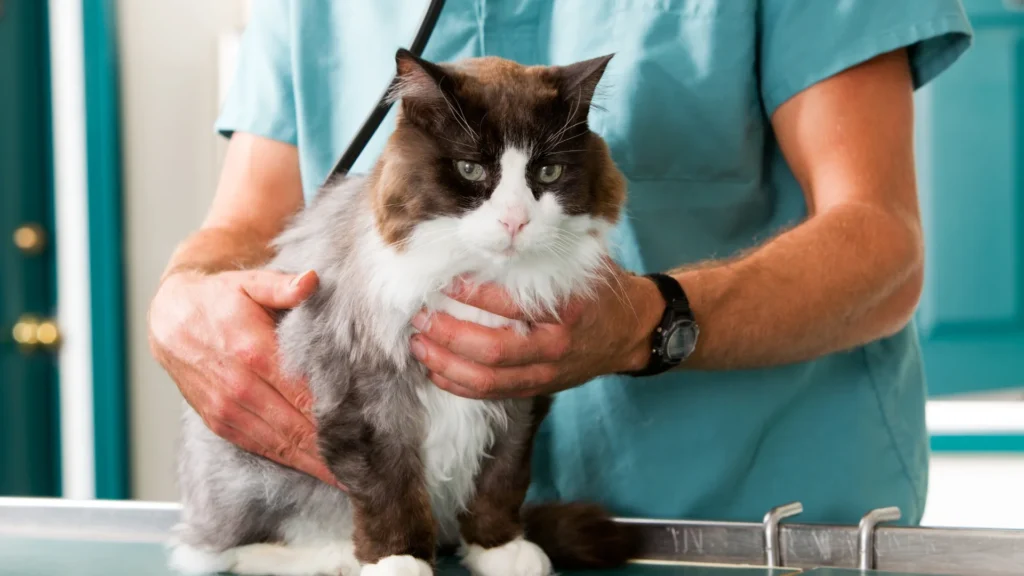
When uncertainties arise, the best course of action is to consult a veterinarian. Regular check-ups are crucial for maintaining Leo and Bella’s health. Discussing observed behaviors, dietary habits, and any changes with a vet can lead to early detection of potential health issues.
A professional can offer guidance, conduct necessary examinations, and suggest dietary changes or treatments. This step is especially important if the head shaking is accompanied by other symptoms like weight loss, lethargy, or changes in grooming habits.
Conclusion
So, there you have it! Cats shaking their heads while they munch isn’t always a red flag. For cat moms like Jessica, figuring out these little quirks is all part of the adventure with Leo and Bella.
Keeping an eye on their antics, staying curious, and chatting with the vet are the keys to peace of mind. It’s all about making sure these fluffy family members are not just well-fed, but also happy and healthy. After all, a happy cat means a happy home, and that’s what being a great cat parent is all about!
If you’ve ever wondered, ‘Why does my cat smell like poop?‘ it’s essential to address any unusual odors as they could be indicative of underlying health issues.

